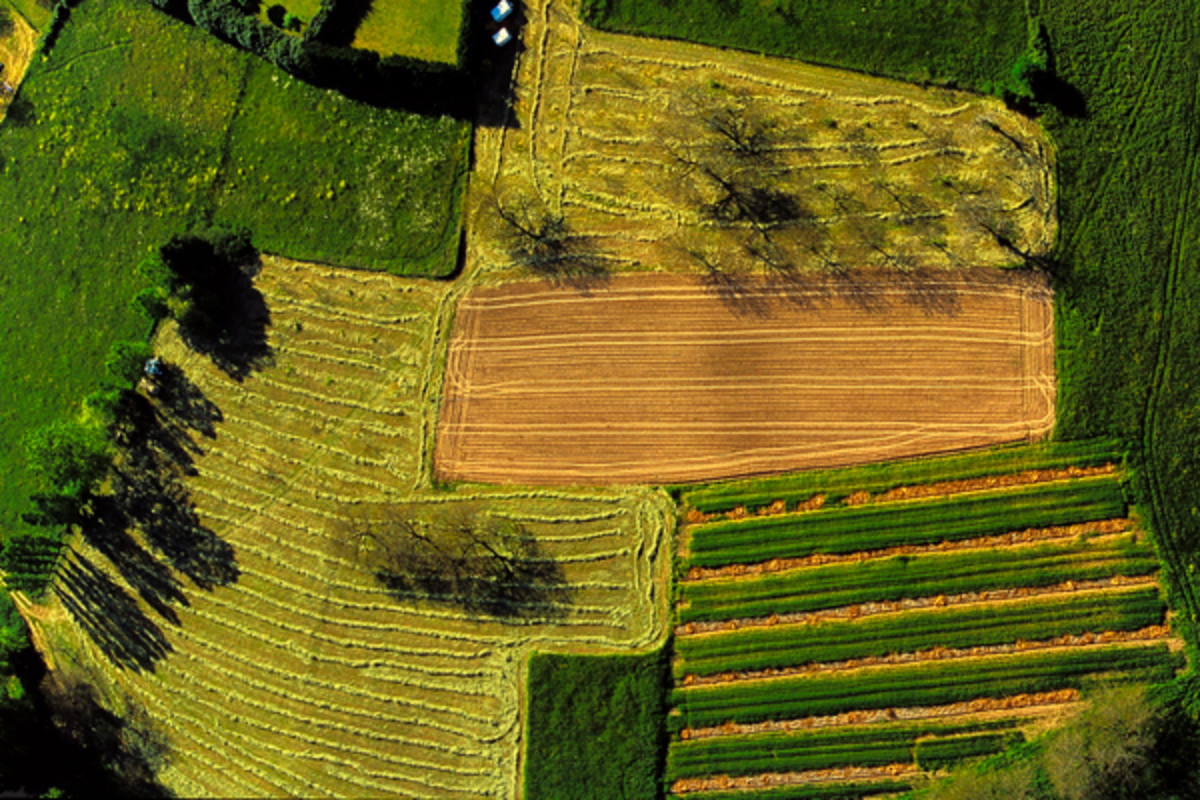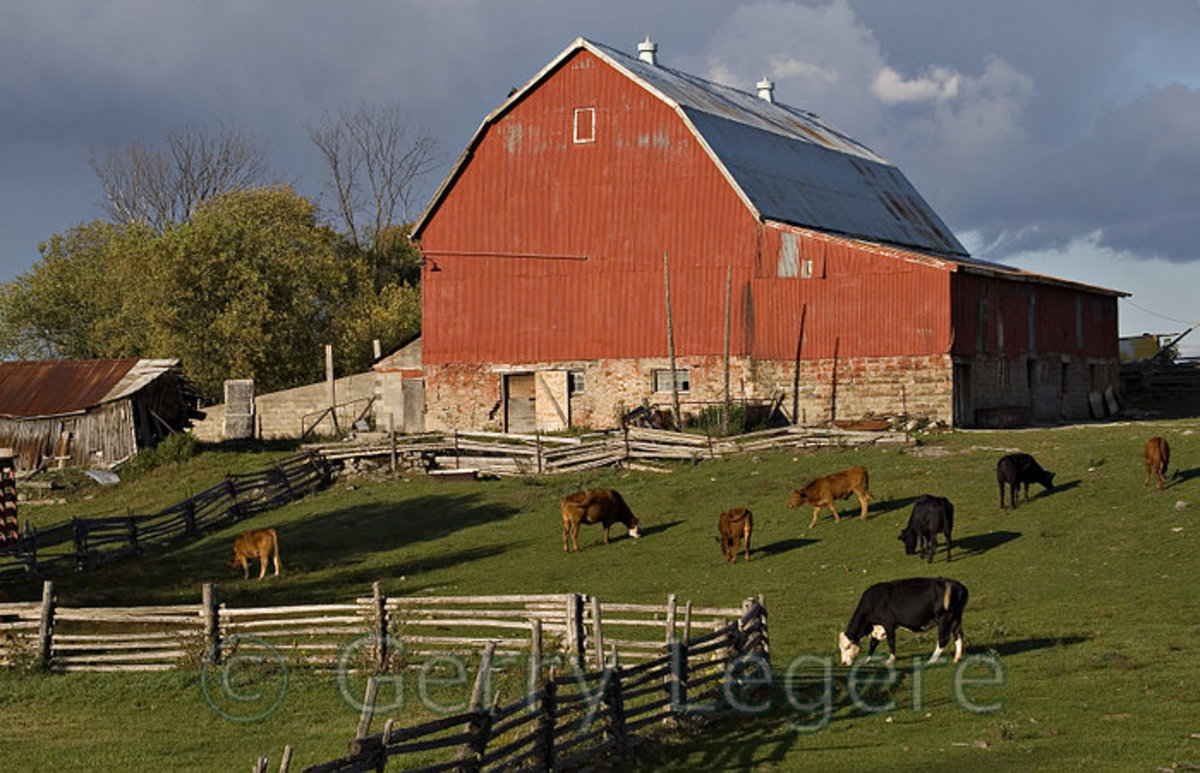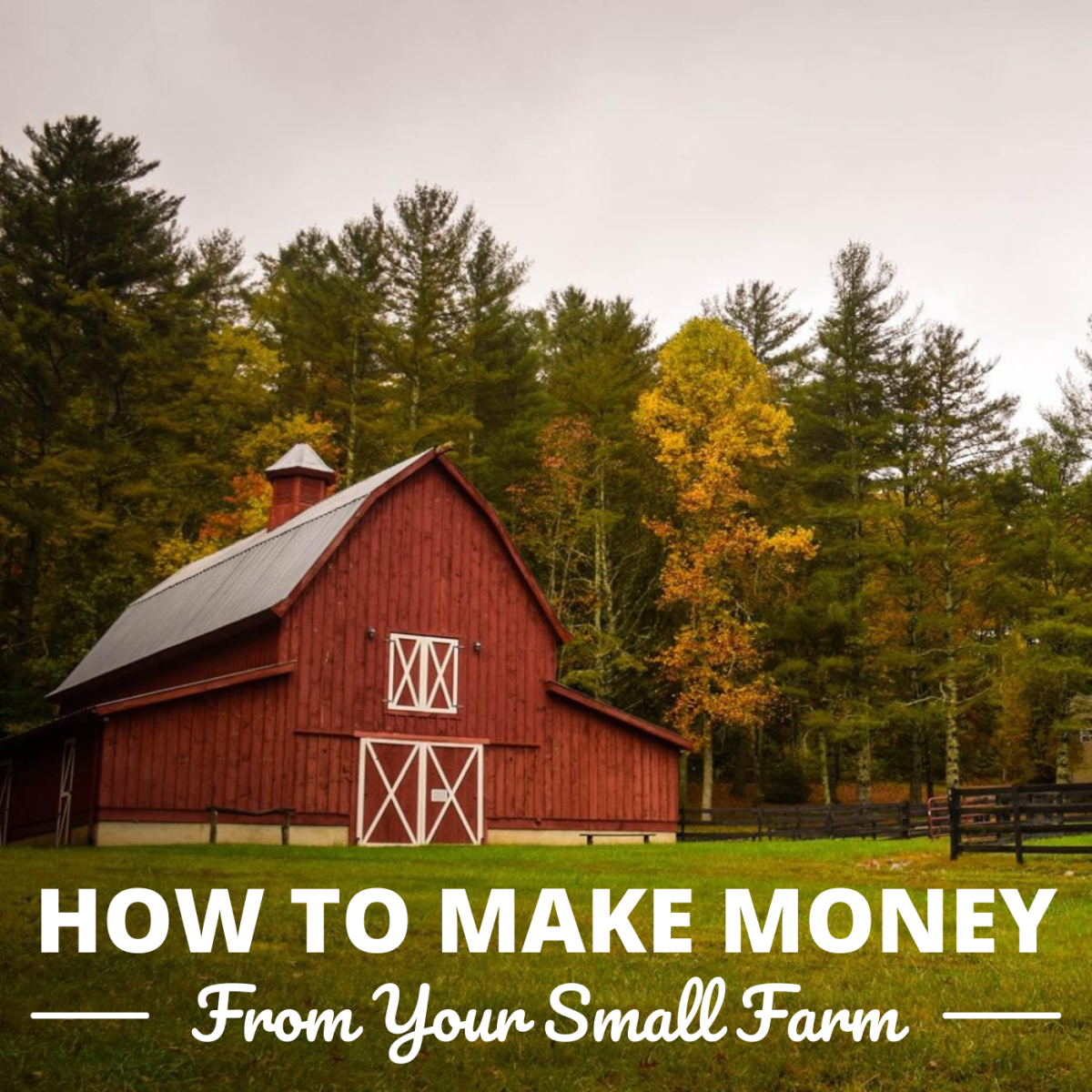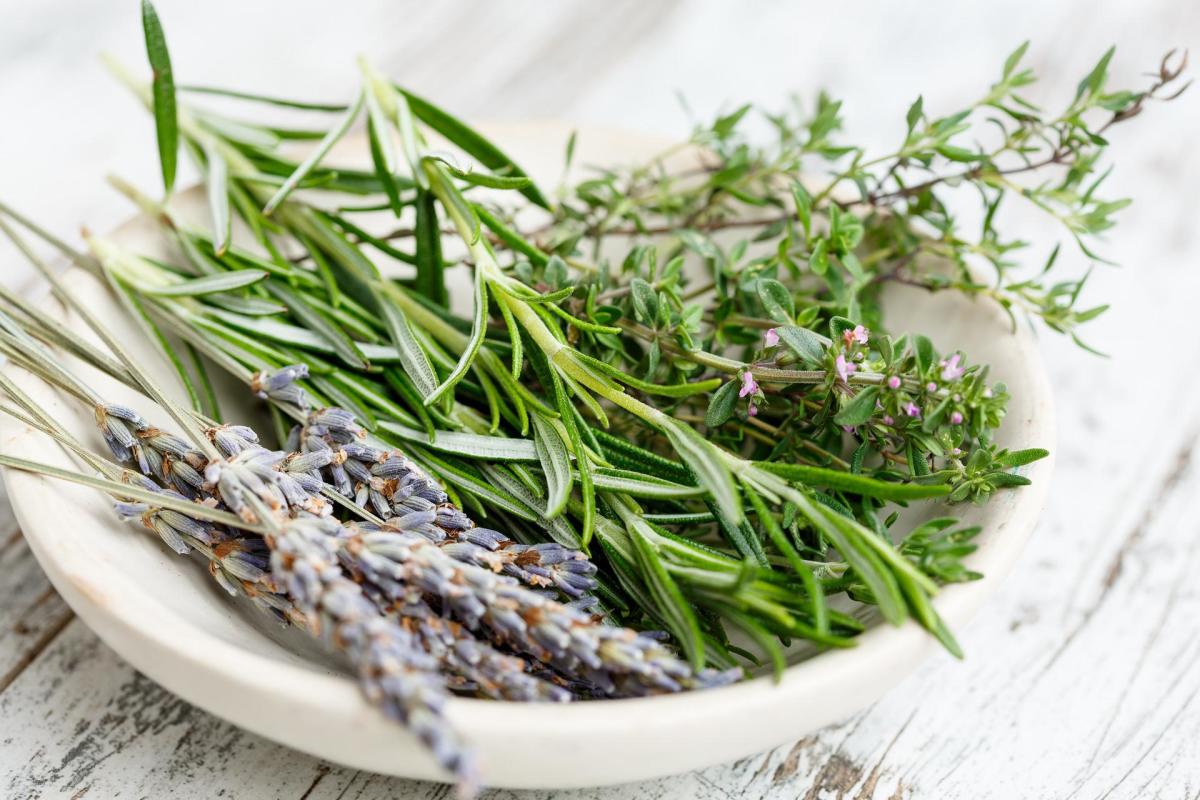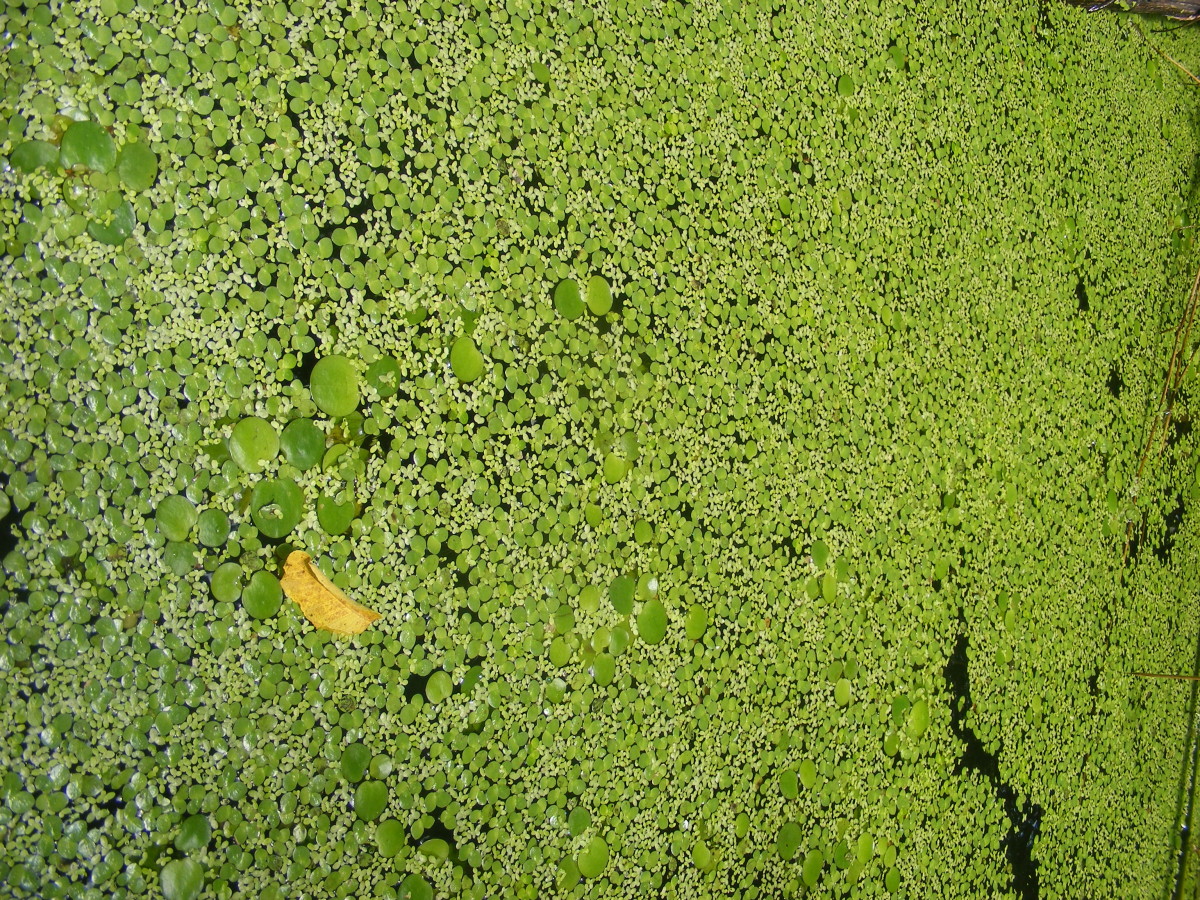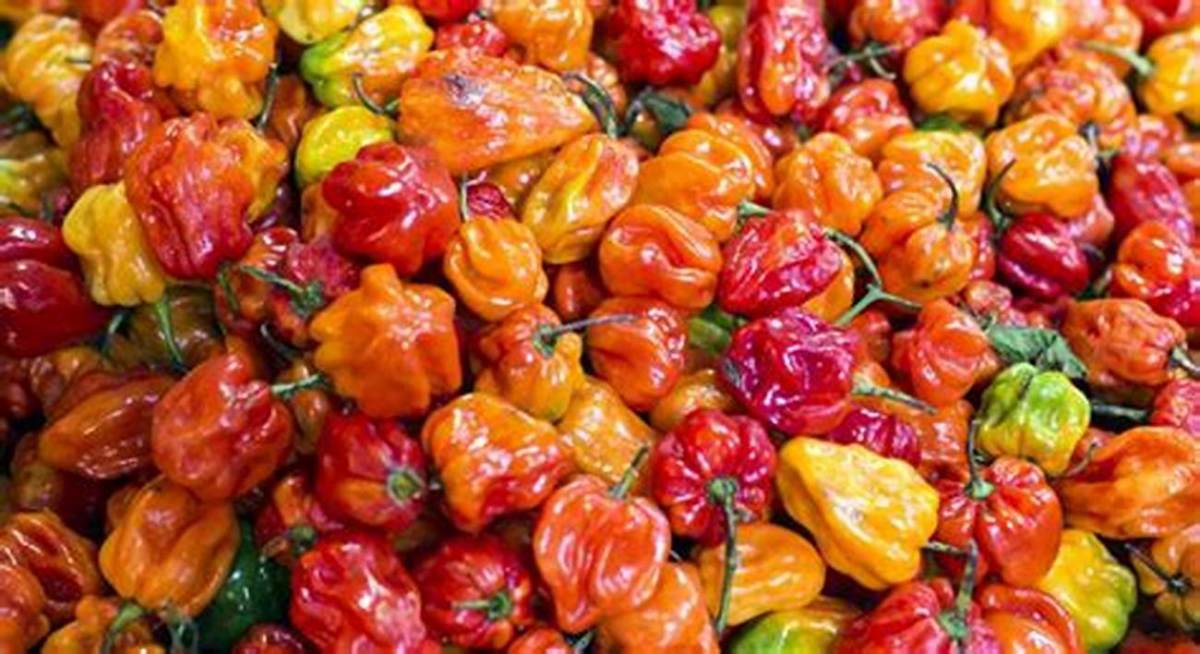- HubPages»
- Home and Garden»
- Gardening»
- Organic Gardening
A Beginner’s Guide to Biodynamic Farming
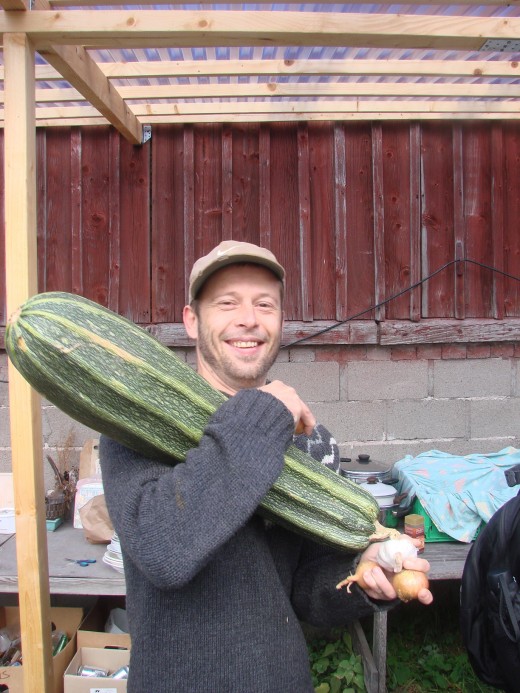
A "beyond-organic" approach to farming
The summer after graduating from college, I went to Brest, France as a “WWOOFer” (The World Wide Opportunities on Organic Farms is an international movement that connects volunteers with small organic farmers around the world). Every morning started with the three men who ran the farm pulling out a tattered, mud stained booklet that they would quickly scan, jot notes on, and confer over. It was all very mysterious to me, and when I inquired I learned that this farm used biodynamic practices, and the booklet was a cosmic calendar for farmers called the Stella Natura. For every day of the year the Stella Natura looks at the position of the moon, planets and stars to dictate what should be planted, harvested, or weeded on that particular day to maximize the plant’s health and productivity.
At the time, the phrase “biodynamic” meant little to me, though it conjured up some vague images of soil worshipping, plant personifying, hippy-dom. And it’s true that biodynamics has gotten a bit of a reputation; some know it for its more unusual renditions, such as burying a cattle’s horn filled with manure in the ground to promote soil fertility. But the French farmers I WWOOFed with were practicing biodynamics not out of spirituality, but practicality; they believed firmly that it would help them improve the farm’s profits.
What is biodynamic farming?
The birth of biodynamics in 1928 marks the beginning of the sustainable agriculture movement. Any introduction to biodynamics will mention its founder: Rudolf Steiner, (also known for having founded the Waldorf-Steiner school). Steiner was a believer in anthroposophy, or “spiritual science,” and held to the principle that everything – humans, plants, water, the cosmic forces, are all interconnected.
Under the encouragement of many farmers that were concerned with the growing unsustainable farming practices around them, Steiner solidified the guidelines to biodynamic farming in a document called the Farm Standard. These same standards are still used today, and you can buy certified biodynamic food bearing the Demeter Biodynamics seal.
The Guidelines of Biodynamic farming:
Biodynamic farming practices aim to imitate the conditions found in nature. The word itself means “life (bio) processes (dynamics).” This largely means that biodynamic farms function like the closed loop systems found in nature, where everything plays a role and there’s no such thing as waste. The end goal is to make the farm a completely self-sufficient system that requires no outside inputs (aside from labor).
What does this look like in practice?
Biodynamic farms highly emphasize maintaining biodiversity on the farm and around its periphery. A minimum of 10% of the total farm acreage must be set aside as a wildlife preserve, and left as forest, wetland, etc…Perennials (plants that return year after year) must be used and interspersed with annuals (plants that die after one season).
The principles also outline the requirements for maintaining soil fertility; all nutrients in a fully biodynamic farm should come from the farm itself. Techniques include integrating livestock into the farm for manure, cover cropping using nitrogen fixating plants, crop rotation, composting, and preparing soil amendments. These soil “preparations” are nine different recipes for concoctions to spray on the fields or apply in small medicinal doses to prevent weeds and pests and to enhance soil fertility. Fermented cow manure, powdered quartz and horsetail are three examples of soil amendments. It is perhaps these very non-industrial agriculture materials, along with the use of celestial calendars that has made skeptics liken biodynamic farming with “witchcraft.”
How does this compare to organic agriculture?
In the United States, the label organic only means that certain synthetic chemicals and materials can’t be used on the farm. (Some people feel that this list of prohibited substances needs to be more stringent.) The organic label says nothing about other aspects of agriculture that have to do with sustainability, such as biodiversity, water usage, or soil preparation. Organic agriculture does not necessitate treating the farm as a ‘living organism’ that functions as a closed loop.
What do the scientists say?
Scientific studies that have compared the productivity of biodynamic farming to organic and conventional farming seem to find that though they have a lower overall yield, biodynamic and organic farms are more efficient at producing food than conventional (measured in terms of farm inputs to food outputs). And biodynamic farms have the best soil fertility of the three.
A 40-year study conducted by researcher and biodynamics advocate, Maria Thun, supports the theory that planting according to the rhythms of the cosmos makes plants healthier, stronger, and less prone to disease.
Look for the biodynamic seal - particularly on wine!
Hopefully this introduction to biodynamics has helped you understand a bit more what that biodynamic label means when you see it at the store. Wine is one product that is increasingly bearing the biodynamic seal; the number of vineyards using biodynamic practices is growing remarkably, particularly in France.
And once in the bottle, it turns out that astral forces still affect the vivacity of the wine. When Wine Tastes Best: A Biodynamic Calendar for Wine Drinkers indicates what day and even hour wine is at its tastiest based on the cosmic alignment.
Sources: http://www.demeter-usa.org/learn-more/biodynamic-principles.asp
Soil Fertility and Biodiversity in Organic Farming. Paul Maeder, Andreas Fliessbach, David Dubois, Lucie Gunst, Padruot Fried, and Urs Niggli. Science 31 May 2002: 296 (5573), 1694-1697. http://www.sciencemag.org/content/296/5573/1694.abstract

